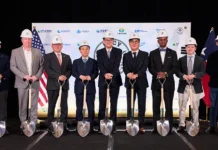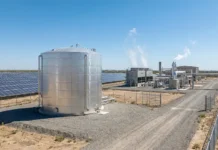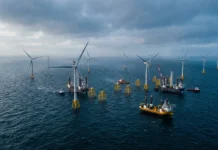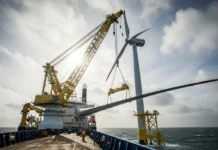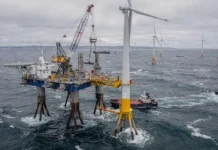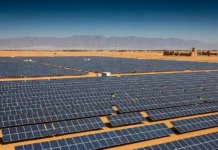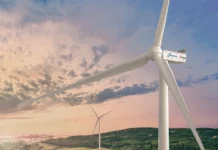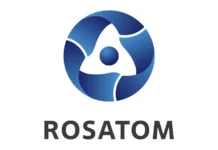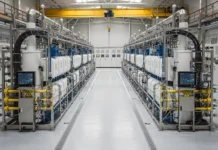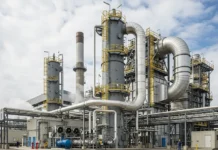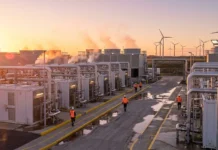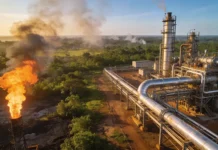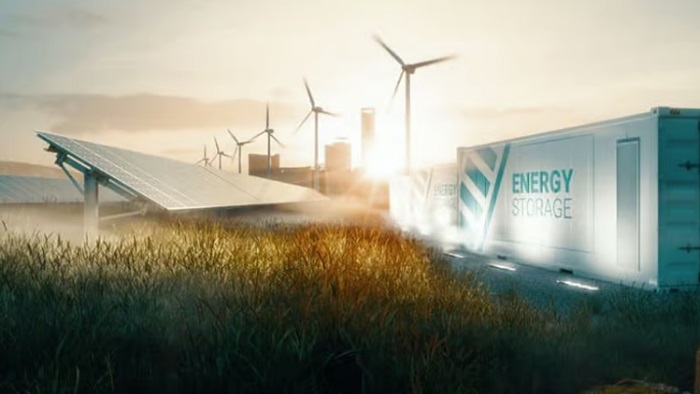The U.S.-India Energy Storage Task Force, first announced at the October 2022 Ministerial meeting of the U.S.-India Strategic Clean Energy Partnership (SCEP) held between Indian Minister of Petroleum and Natural Gas, HE Hardeep S. Puri and U.S. Energy Secretary HE Jennifer Granholm, commenced operations today. The public-private U.S.-India Energy Storage Task Force (“ESTF”) was established by the U.S. Department of Energy (DOE) and the Indian Ministry of Power (MOP). The India Energy Storage Alliance (IESA), a leading industry alliance focused on the development of advanced energy storage, green hydrogen, and e-mobility technologies in India has been appointed as the Secretariat.
The U.S.-India Energy Storage Task Force aims to facilitate an ongoing and meaningful dialogue among U.S. and Indian government officials, industry representatives, and other stakeholders to scale up and accelerate the deployment of Energy Storage technologies. The ESTF will work towards further advancing the goals of the SCEP, including developing and deploying emerging clean energy technologies to decarbonize the energy sector. The SCEP is successfully strengthening energy security, creating opportunities for clean energy innovation, addressing climate change, and creating employment generation opportunities for both India and the U.S.
Shri Rakesh Kumar, Secretary, Central Electricity Authority (CEA), Ministry of Power is the Co-chair the lead the task force from India side. Shri Rakesh Kumar mentioned that “The US-India ESTF by synergizing the efforts and resources of two countries would help India in achieving clean energy transition and targeted net zero emission by 2070. It aims at providing reliable, sustainable, and affordable energy storage solutions for the smooth integration of continuous and growing large scale planned RE capacity addition for greening of power sector in the country.”
“Stored energy is a key component of integrating renewable resources into the electric grid in America and around the globe,” said Eric Hsieh, Deputy Assistant Secretary for Energy Storage in the U.S. Department of Energy’s (DOE) Office of Electricity (OE), and the U.S. ESTF Co-Chair. “The launch of the ESTF between the U.S. and India demonstrates how critical partnerships are to achieving the clean energy transition, as well as the importance of broad collaboration to accelerate storage technologies.”
The U.S.-India Energy Storage Task Force will facilitate information exchange on existing and planned energy storage projects; share experiences on innovative business models and financing structures; and assess the state of energy storage technologies and provide suggestions on the upcoming & promising technologies. One of the critical functioning areas of the task force is to review the current policy and regulations and exchange inputs on advancements in policy and regulatory framework so as to accelerate energy storage deployments addressing the potential barriers.
The ESTF will also review the timelines for the deployment of large-scale storage projects and align on potential solutions to avoid any future delays. Mr. Debi Prasad Dash, Executive Director, IESA & Secretary, US-India Energy Storage Taskforce (ESTF) secretariat expressed his happiness and mention that IESA will support both the countries to bring technology collaboration on manufacturing, supply chain and deployment of advanced technologies. As part of taskforce engagement plan, monthly webinars, working group meetings. bilateral trade delegation, knowledge exchange programs & intergovernmental meetings will be held periodically. Mr. Dash also mentioned that the secretariat has the ambitious target to facilitate the sustainable business growth of 100+ industries in the next 2 years to accelerate the climate action target of both the countries.
The virtual launch of the US-India ESTF will be held on 13th of December 2024 with the presence of the co-chairs and steering committee members with the public launch of ESTF memberships. The ESTF will nurture innovative practices in the sector through joint studies, R&D collaborations, technology demonstrations, and pilot projects. It will review the existing testing facilities and procedures and will provide recommendations on establishing testing labs and protocols. The ESTF will also focus on the safety and standards aspects of the energy storage technologies including during the production, transportation, deployment, commissioning, recycling, re-use and disposal.
The ESTF endeavours to take skill development both for R&D and battery manufacturing giga factories to the next level. The ESTF will address the skill gaps and propose cross-country skill development programs that will allow researchers and scientists to amplify skill sets at advanced technology facilities and laboratories. The task force will also facilitate and explore techno-commercial collaborations and country partnership agreements (in fields such as R&D, technology development, resource mapping, exploration, and extraction) and trade agreements with countries rich in critical raw materials needed for energy storage systems’ manufacturing. It will also promote working on mini-grids and social equity projects.



